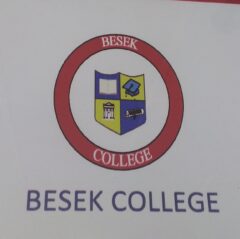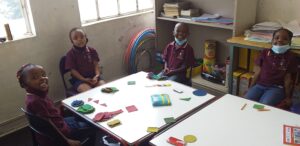GRADE RR (4-5yrs Old)
To Grade R (5-6yrs Old)
Early Childhood Development (ECD), is an umbrella term which applies to the processes by which children from birth to at least 9 years grow and thrive, physically, mentally, emotionally, spiritually, morally and socially. At Besek College, ECD is viewed as an “Early Year of Learning”. The desired outcome is to determine whether or not a child becomes a successful learner in and out of school. To achieve the above mentioned outcome, Besek College integrates an inter-related manner within the broader context of the development of life skills.
Implementing the National Policy on ECD, we use the following as guiding principles:
- Development of Life skills
An integrated programme that builds on children’s strengths and which gives sufficient time and encouragement for children to develop in all areas will build from the earliest years essential life skills such as a love of learning, resilience, self-reliance, assertiveness, respect for self, others and the environment, responsibility, critical thinking, questioning skills, informed decision-making abilities, problem-solving abilities, co-operation, conflict resolution and negotiating skills, and the creative use of leisure time.
- Emotional Development
Children’s emotional well-being underpins their personal development. Through all activities in the day, and through structured opportunities, our ECD practitioner ensure children’s emotional well-being and afford opportunities for their emotional growth.
- Intellectual and Perceptual Development
We provide opportunities to children which will enable them to refine perception in all senses alongside the development of concepts to organize these sensorial perceptions. Children are afforded opportunities to develop intellectual skills such as enquiry, exploration, questioning, problem-solving and decision-making through:
- Communication, Literacy and Language Development
The over-arching goal of language development is effective communication. The focus is on the improvement of children’s listening, speaking, reading and writing skills. Children are provided with opportunities to understand and use verbal and non-verbal means of communicating thoughts and feelings.
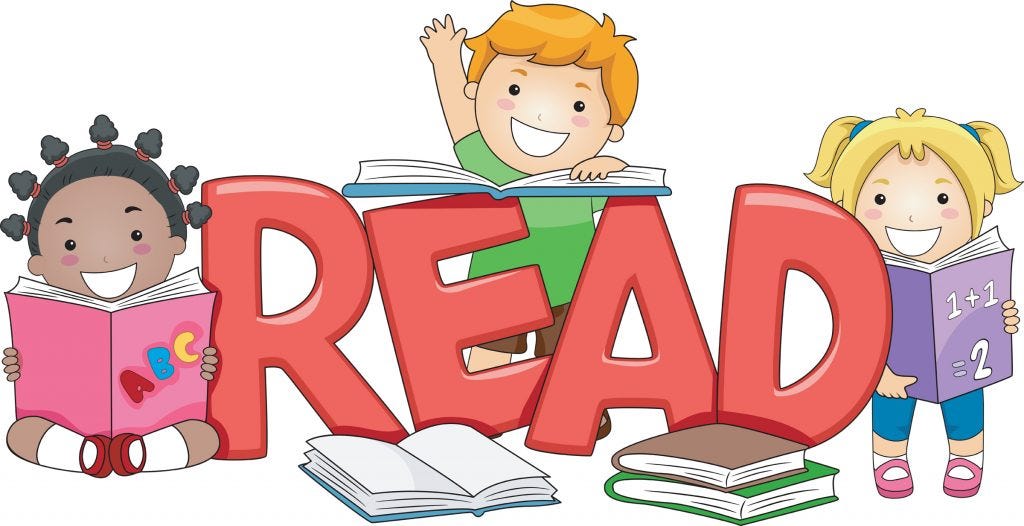
- Development of Numeracy and Mathematical Concepts
A wide range of activities needs are provided to assist the development of children’s mathematical concepts, and their understanding and appreciation of relationships and pattern in number, time and space in their everyday lives.

- Development of Cultural, Artistic and Artistic Craft Skills
Children are afforded opportunities for drama, mime, music, movement, dance and various art mediums which will stimulate them to explore and express their unique creative abilities and to develop their aesthetic appreciation.
Aesthetic development reflects the cultural heritage of children. Children are encouraged to build on their language and culture through these activities. Songs, stories, games and dances from various cultures are shared in the spirit of nation building.
- Development of Physical and Natural Sciences Enquiry Skills
Skills and competencies associated with science as a process of enquiry are developed, i.e. a process which includes observation and enquiry, selection of relevant data, making predictions, testing these predictions, identifying and explaining patterns and relationships and applying knowledge and understanding to new situations.
![]()
- Development of an Understanding of Technology and Technological Processes
Technology is concerned with bringing about change in and exercising control over the environment. The processes involved in Technology Education are: identifying a need or problem, planning, designing and producing a model to meet the need, redesigning and making the product based on the model, evaluating the product, considering marketing strategies and communication to promote the product and its ultimate influence on the environment.
Children’s problem-solving skills are enhanced through moving through all these processes. Children are encourage to have a rich exposure to a wide variety of natural and manufactured materials, different forms of energy and use different forms of information inputs in order to provide them with opportunities to gain an understanding of technological processes and to develop an understanding of the impact of technology on their lives.
- Development of an Understanding of Economic Principles
Children are exposed to a broad range of simple financial transactions, including borrowing and investing money and the buying and selling of goods and merchandise. Activities associated with business and commerce are linked to children’s basic needs and wants.
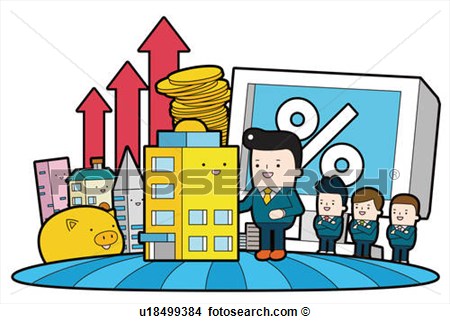
- Spiritual, Moral and Ethical Development
We employ a broach approach which encourages children to develop spiritually, morally, and ethically. All children, regardless of age, aptitude, physical or social circumstances should enjoy an educational experience in religious education which is coherent, continuous and challenging.

- Physical Development
We implore activities that allow children to develop large and small muscles, and that encourage co-ordination and balance need. In addition to these general skills, children learn how to keep their bodies healthy and how the human body works.
Skilful body management are promoted through participation in everyday family and community experiences and events, creative, artistic movement, individual and team games involving psycho-motor skills, and activities that lead to increased suppleness, ability, strength and stamina.
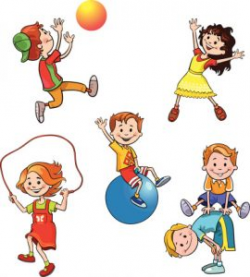
For Application Forms, Please Download Here Resources & Downloads
For Online Applications, Please Click Here
